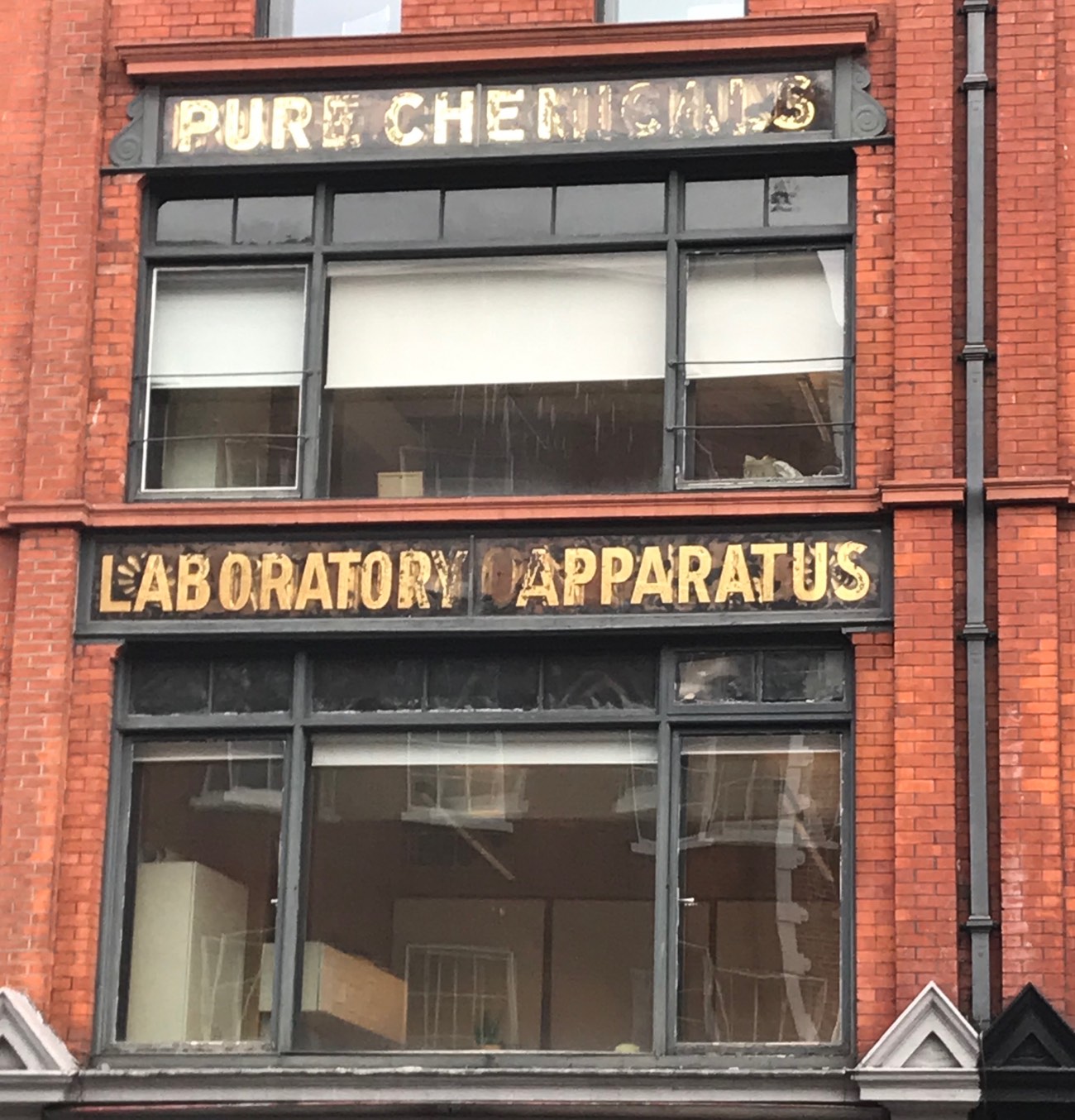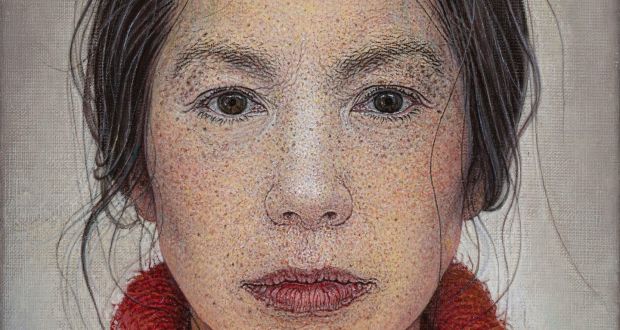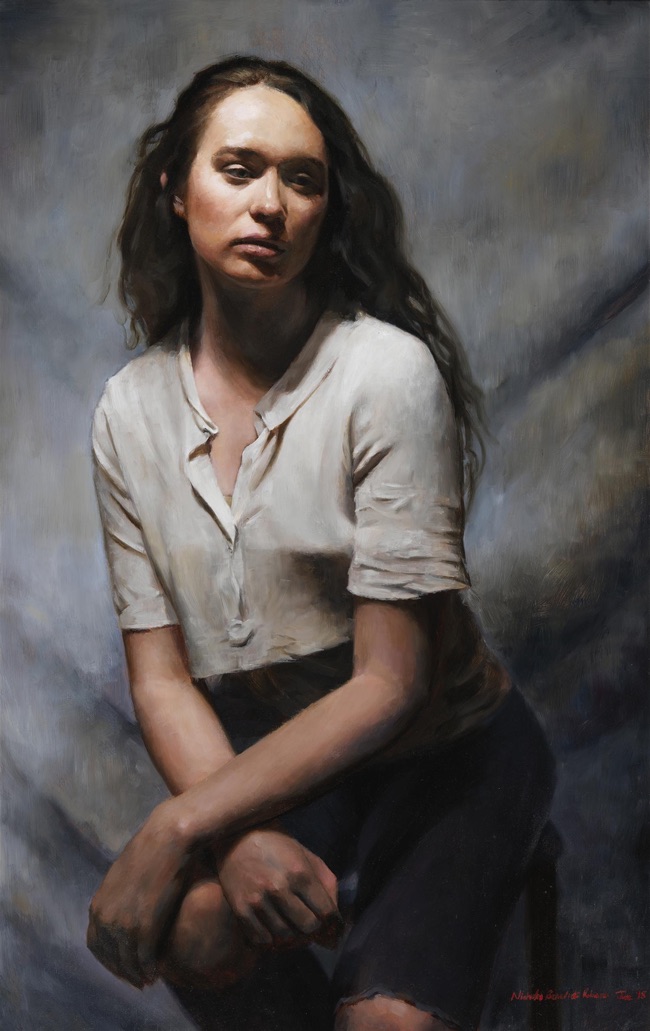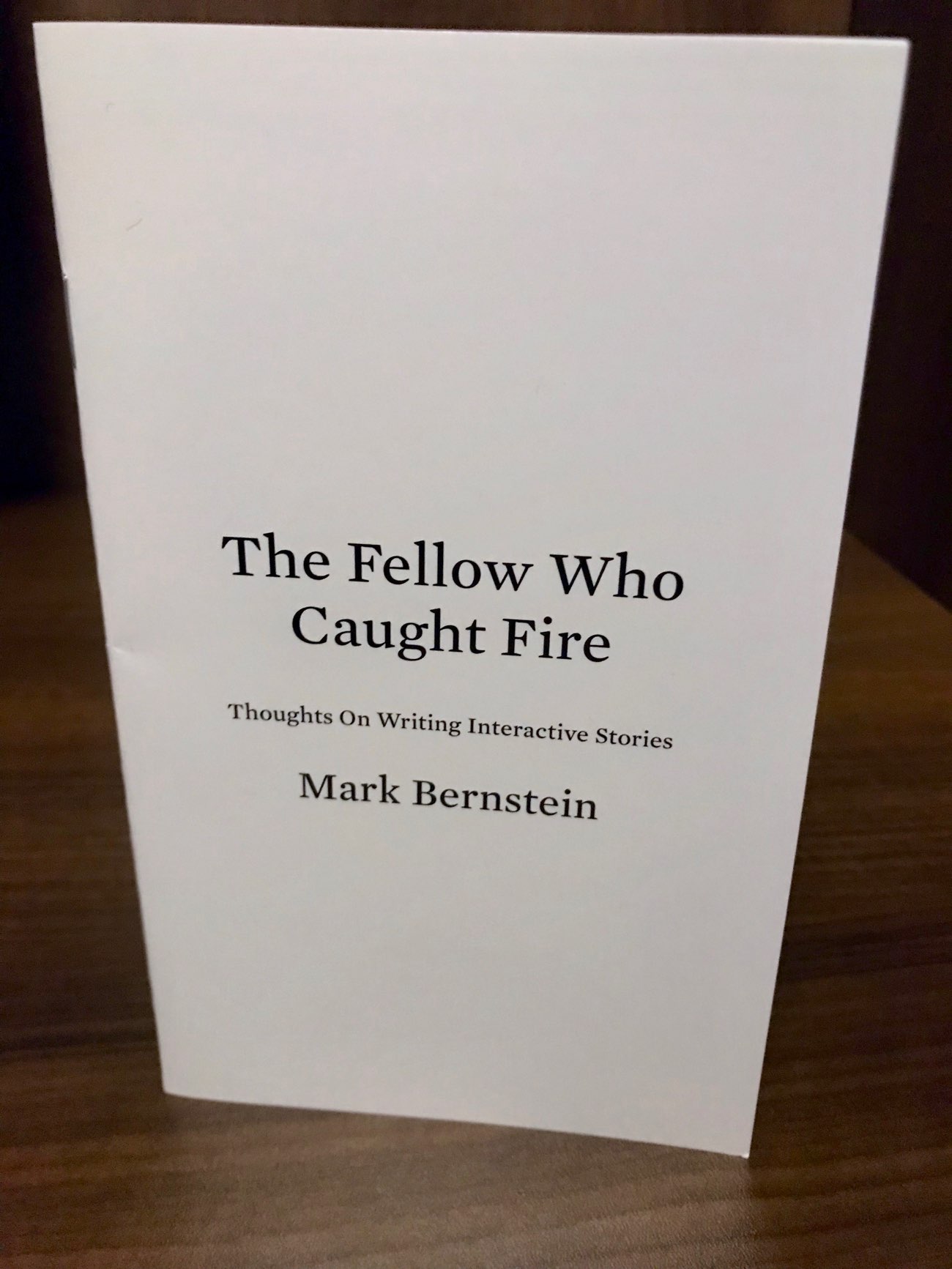Arts and Sciences

Arrived very early, zoomed through the airport, and arrived at the pub where I’m staying far, far too early. So I left my bags and spent the day walking through streets and museums, more streets and more museums, working to acclimate and ignore the time difference.
I’d not visited the National Gallery before. It’s got a very interesting collection, and really good gallery guides. There’s a national portrait competition that has some really interesting work. Here’s Miseon Lee’s “Me In The Mirror” (2018):

And this oil of Mary-Kate Lanigan by Nicholas Benedict Robinson is a painting I’d like to study.

What I want to say is that, reading the program for this conference, there's clearly a lot of interest in the tension between narrative and “science”, by which people sometimes mean “analysis” and sometimes mean “clinical observation.” I’m entirely on the side of science, broadly construed. Even in the arts, we can reason carefully and without interest from close observation of actual phenomena, and among those phenomena might well be our own response to the work.
Yet, looking over the program, I am also struck by an unmistakable sense of alienation: the problems this discipline studies simply aren’t the problems I confront when I sit down to write interactive stories. I've put together a tiny twenty-page chapbook about these problems:
THE FELLOW WHO CAUGHT FIRE
Thoughts On Writing Interactive Stories
On the left of each page spread, I sketch a very short story about a post-doc who solves a tremendous problem. He’s done what everyone in the university dreams about. He’s benefited mankind. He’s famous. He’s going to be tenured. He’s going to have plenty of money.
He’s the loneliest man in the world.
On the right hand of each spread, I talk about technical choices I made in writing this tiny story. They include:
- Framing stories
- Tense and point of view
- Abstraction
- Plot
- Exposition vs. Narrative
- Morality
- Diegetic links and their discontents
- Multivalence, allusion, intertextuality, immersion, and reflection
Now, at ICIDS, a technical choice is often a choice about algorithm or implementation, and the aren’t necessarily that kind of choice, but surely they are choice about technique. I could tell the story from the point of view of poor Prometheus. Or I could tell it from the point of view of his research advisor. I could tell it from the point of view of his girlfriend, who was having doubts before her boyfriend had a publicist and a security detail. I could make it a club story. I could shift points of view: we think of that as avant-garde, but Robert Louis Stevenson did it in Treasure Island simply because he wrote himself into a corner and suddenly switching narrators for one chapter was the way out.
